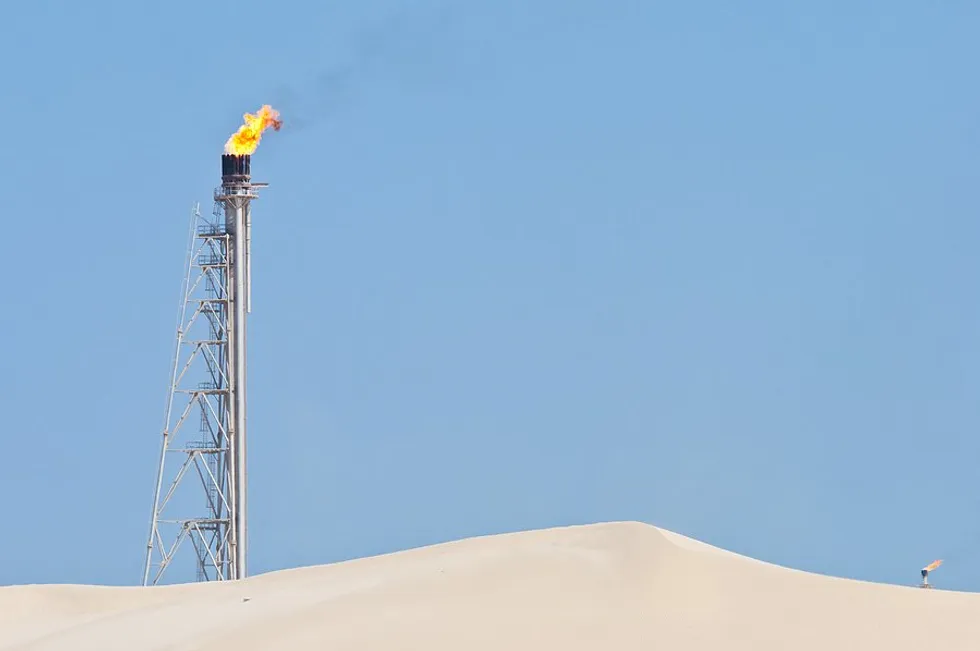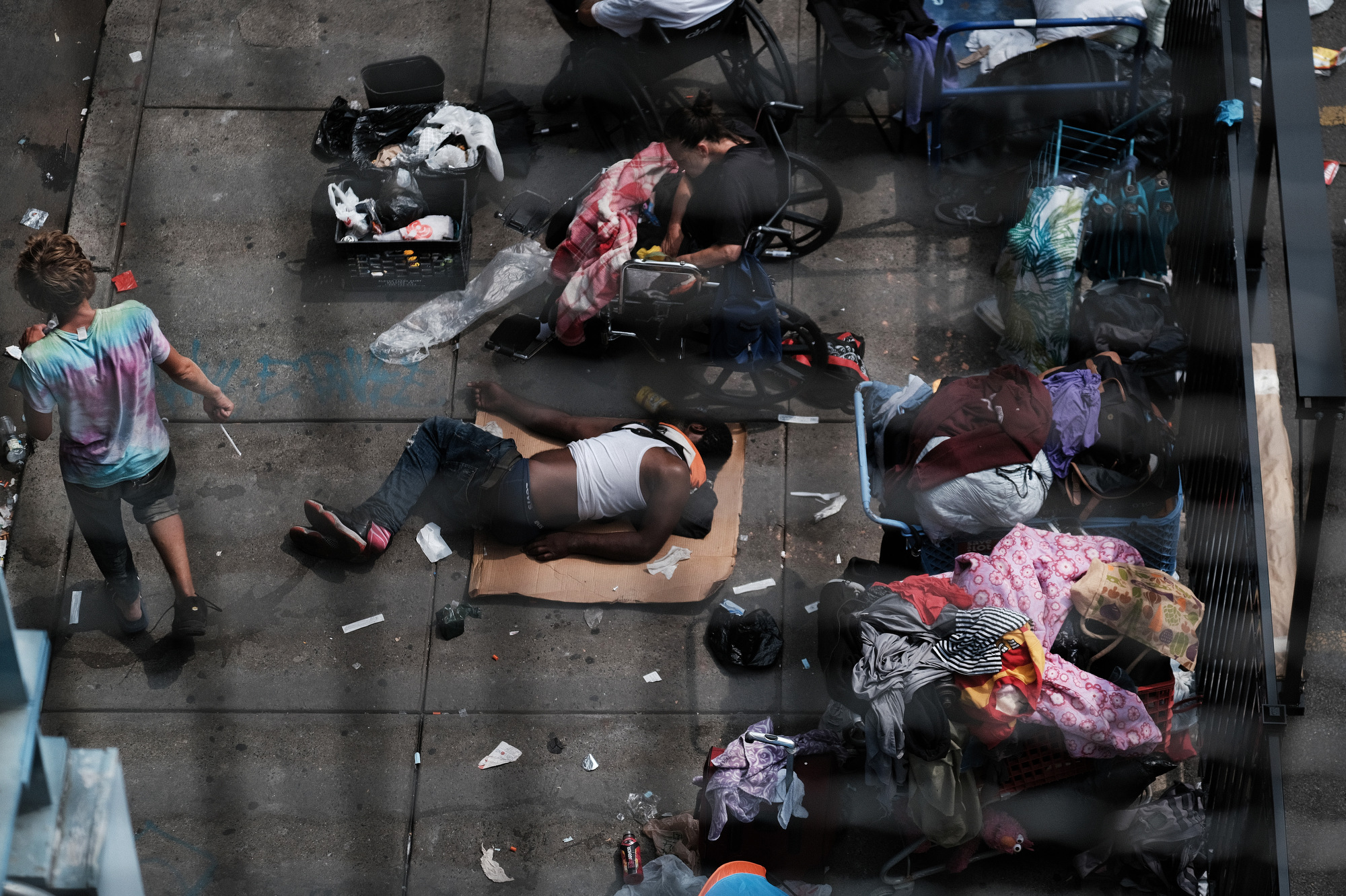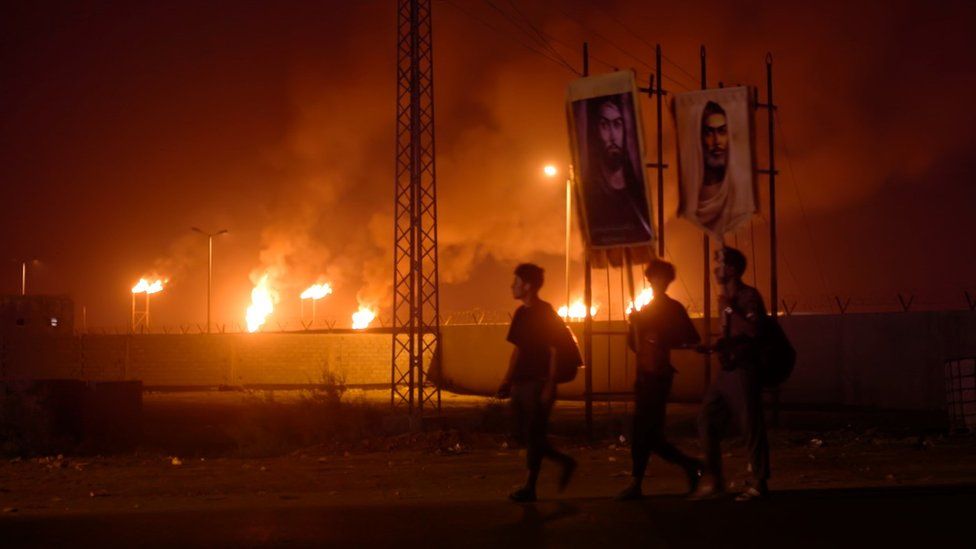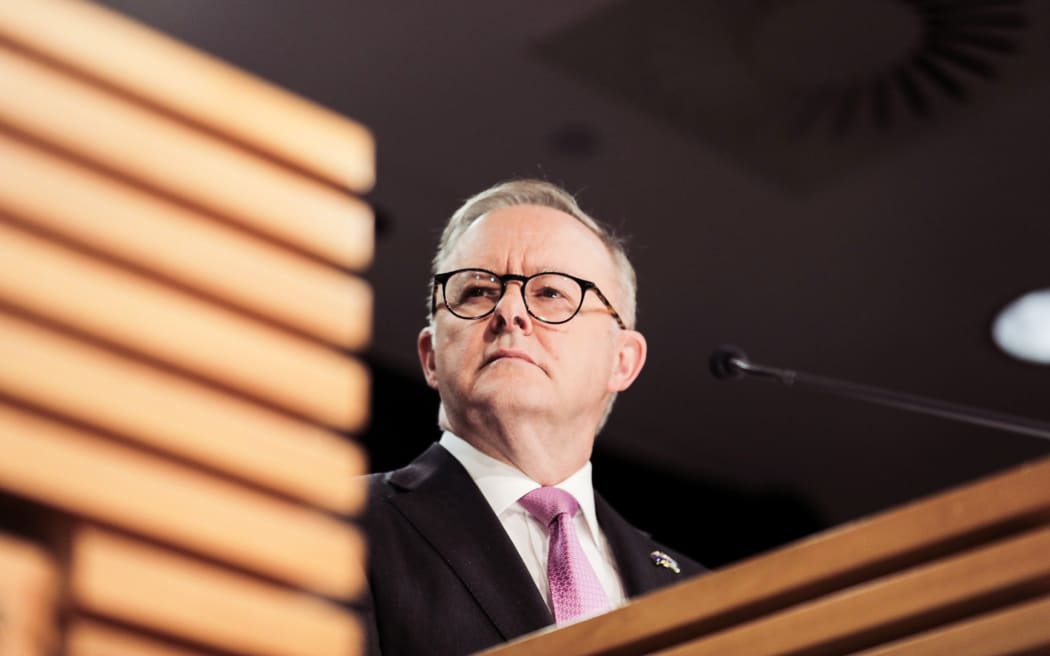Toxic gas. According to a recent investigation, toxic chemicals released during gas flaring are putting way more people at risk than we realized before. Flaring happens when they burn off waste gas during oil drilling, and it’s happening all across the Gulf, including in the United Arab Emirates (UAE), who’s hosting the COP28 summit.
The Worsening Situation
Fresh research suggests that these pollutants aren’t just staying put; they’re traveling for hundreds of miles, making the air quality worse throughout the entire region. This discovery comes right as the UAE is getting ready to host the UN’s big climate summit.

A Ban That Didn’t Hold
About 20 years ago, the UAE said no more routine flaring. But satellite images show it’s still happening, which isn’t great for the health of people living there and in nearby countries.
The Spreading Problem
BBC Arabic did some digging and found out that these gases are spreading hundreds of kilometers around the region. They checked pollution from drilling sites in Iraq, Iran, and Kuwait too. But when asked, these countries either stayed quiet or didn’t respond at all.
Big Names and their Actions
Oil companies like BP and Shell, who are connected to these sites where flaring happens, say they’re working to cut down on this practice. But it’s clear from the images that it’s still going on.
A Climate Summit’s Paradox
Recently, BBC News leaked documents showing that the UAE planned to make oil and gas deals while hosting the UN climate talks. Talk about a mixed message.
Concerns and Responses
David R. Boyd, the UN Special Rapporteur on human rights and the environment, didn’t mince words. He said it’s disturbing to see big oil companies and Middle Eastern states not dealing with air pollution, which violates the rights of millions of people. He’s pointing fingers at them for carrying on with business as usual, causing a lot of suffering without any consequences.
Unveiling the Issue
The BBC’s documentary titled “Breathless” dives deep into this hidden toxic air pollution caused by oil giants. It’s spreading across Dubai, Abu Dhabi, Kuwait, Iran, and Iraq, putting millions of lives at risk. You can catch the documentary on BBC iPlayer if you’re in the UK or watch it on BBC World News on December 9th at 09:30 GMT.
Avoidable Yet Persistent
Flaring could be avoided if they captured the gas and used it for electricity or to heat homes. But it’s still happening worldwide.
Health Risks
The pollutants from flaring, like PM2.5, Ozone, NO2, and benzo(a)pyrene (BaP), can cause serious health problems like strokes, cancer, asthma, and heart disease. Experts, including the World Health Organization (WHO), link these issues to high levels or prolonged exposure to these substances.
Environmental Impact
Besides threatening human health, global flaring also pumps out greenhouse gases like CO2 and methane, which contribute to warming our planet.
Broken Promises
Even though the UAE’s national oil company, Adnoc, pledged to stop routine flaring two decades ago, satellite images reveal it’s still happening regularly at offshore sites. Interestingly, the UAE is one of the UK’s major oil sources.
This whole situation paints a bleak picture – causing health hazards, violating promises, and contributing to climate issues. It’s clear there’s much more to be done to address this critical problem.



